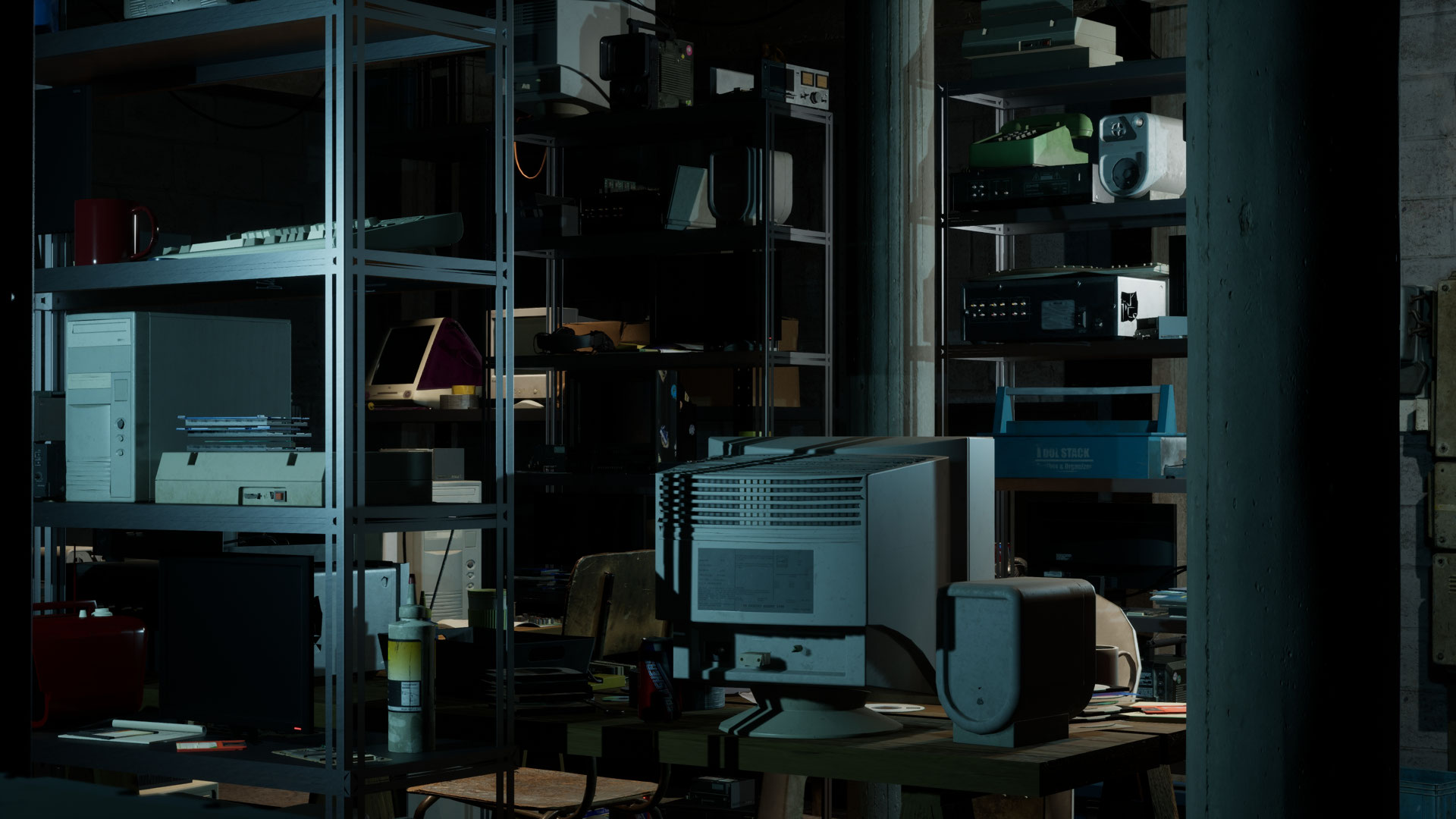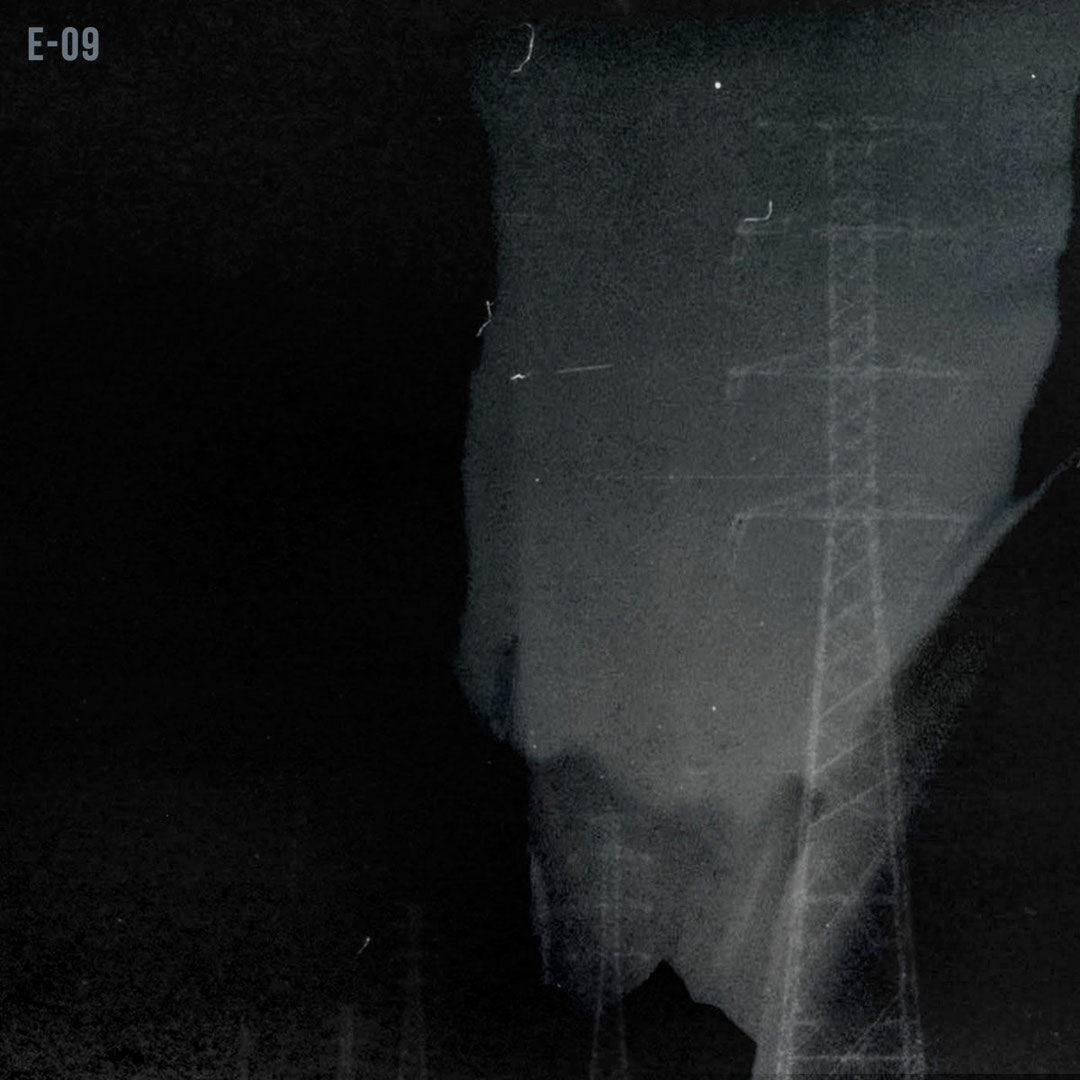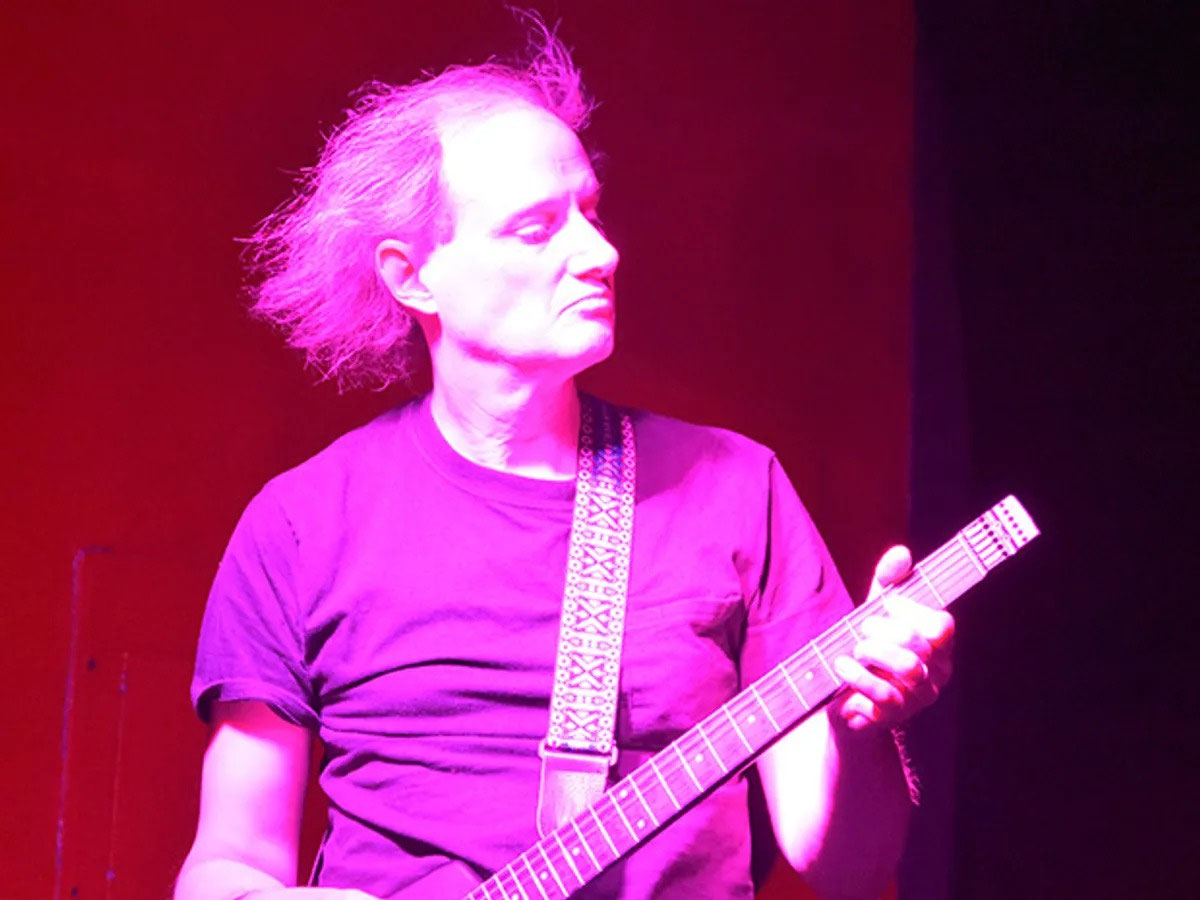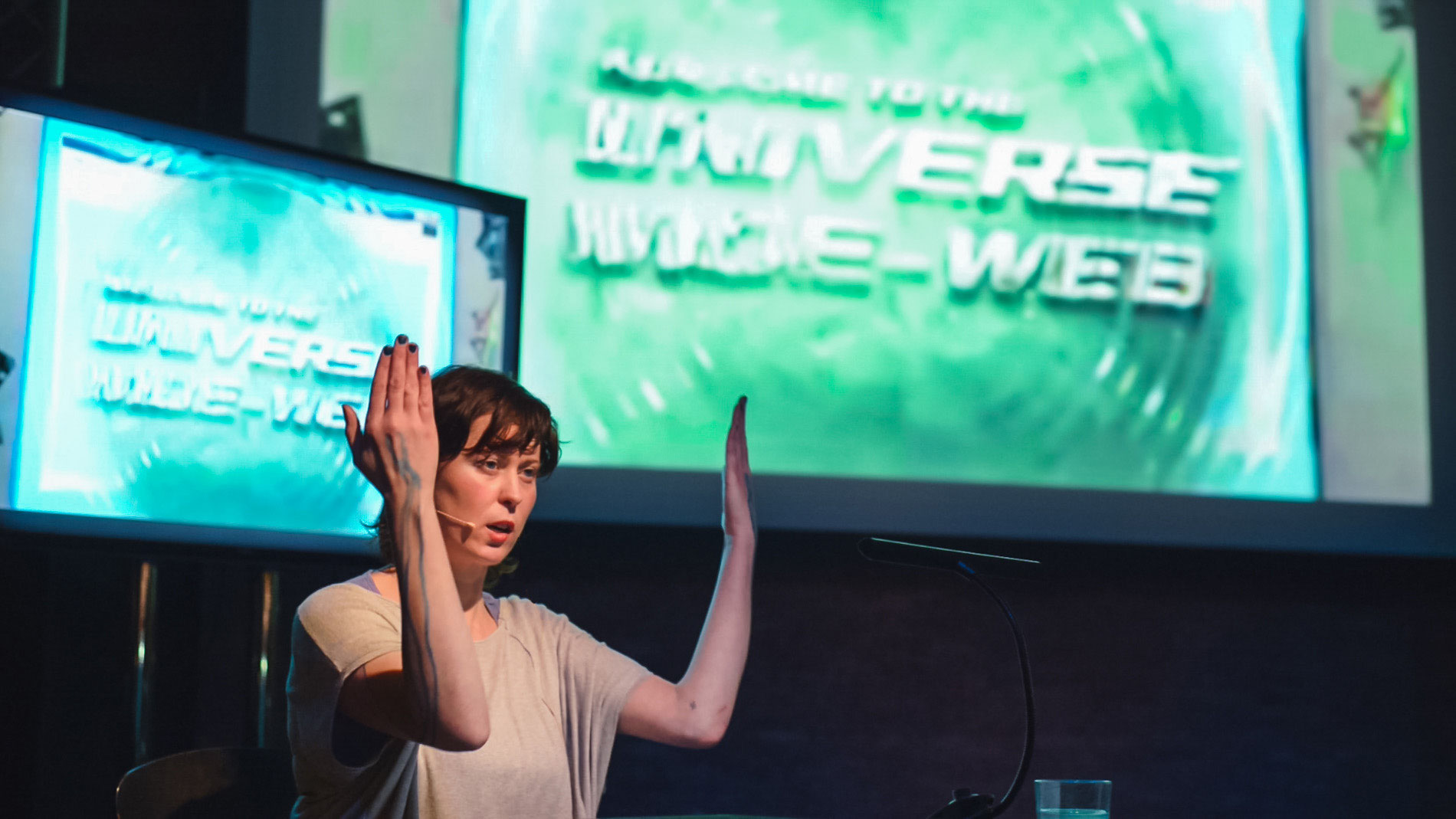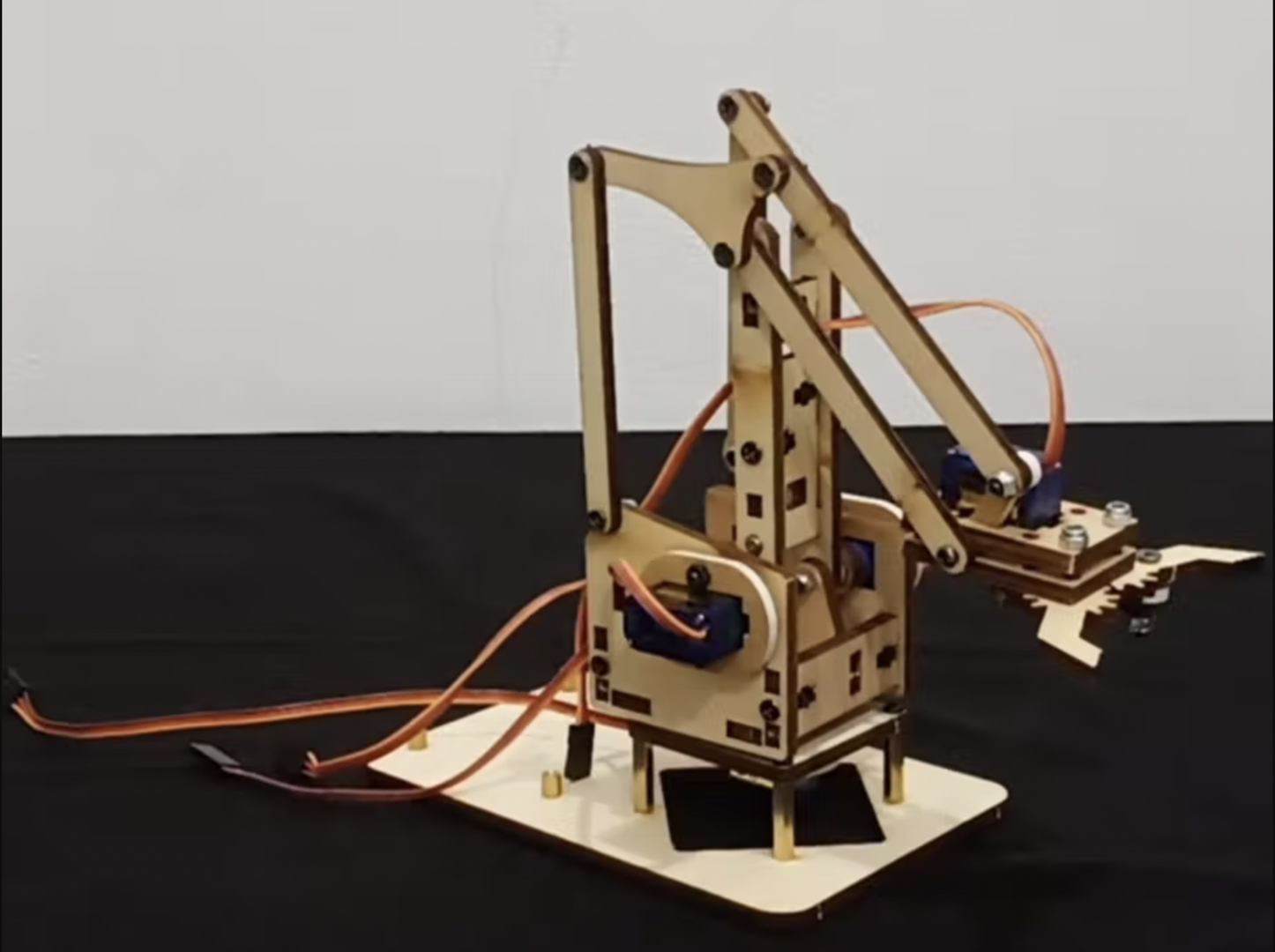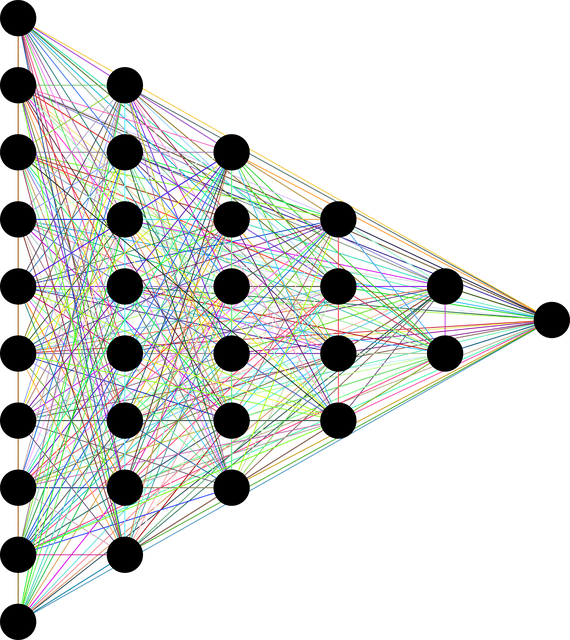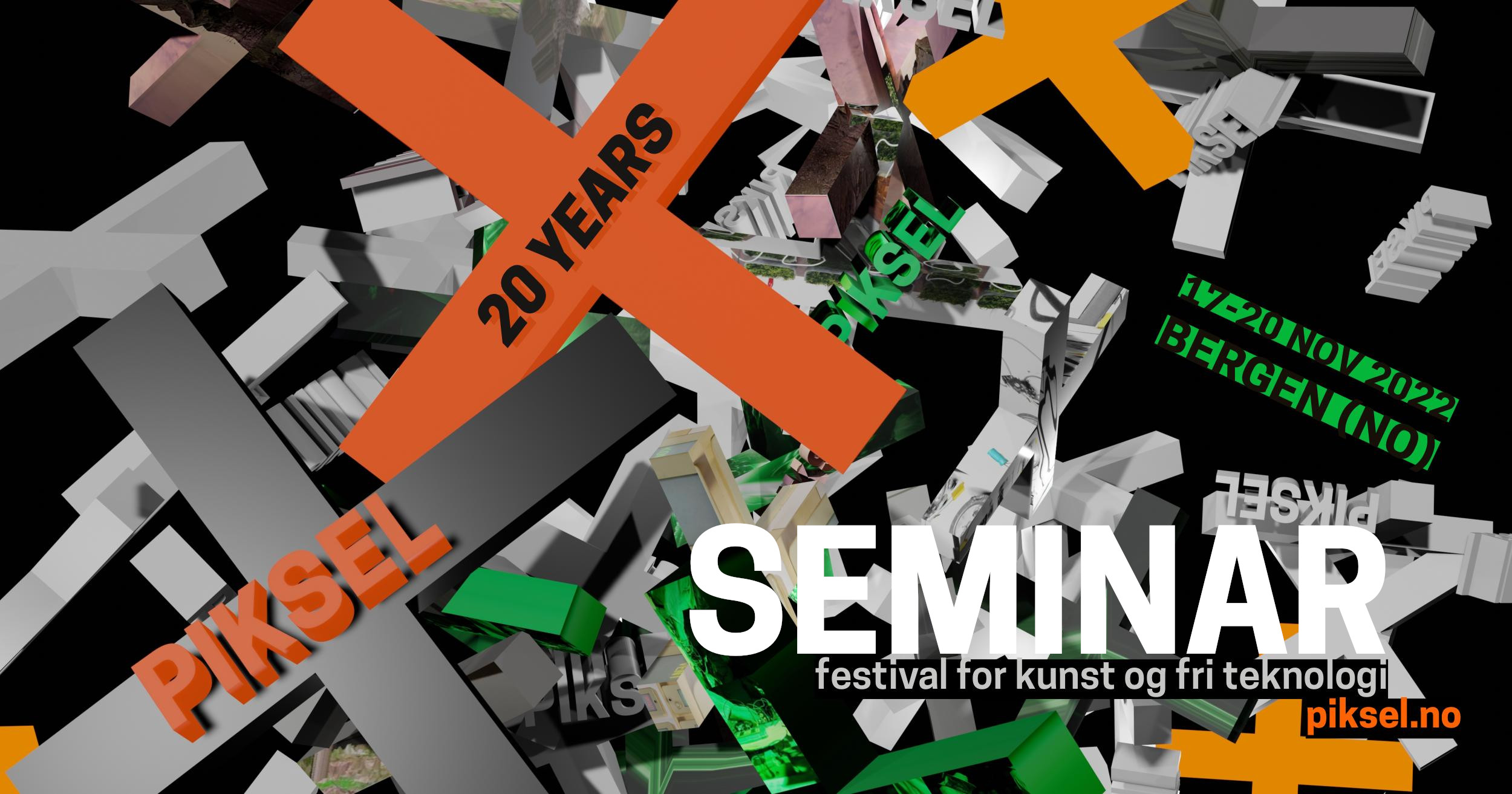
SEMINAR “PIKSEL XX. 20 years of Libre Electronic Art”
To celebrate the 20 Piksel Anniversary, join us at the seminar “PIKSEL XX. 20 years of Libre Electronic Art”. Focusing on the Free/Libre and Open Source movement as a strategy for regaining artistic control of technology, it brings attention to the close connections between art, politics, technology, and economy. The seminar revolves around artistic practices related to open-source biokitchen art, politics, and surveillance in information technologies, and visual/sound instruments made by electronics, using Free/Libre software and hardware (FLOSS).
Over the 20 years, Piksel has become a solid international network and annual event for electronic art and technological freedom. Part workshop, part festival, it is organised in Bergen, Norway, and involves participants from more than a dozen countries exchanging ideas, coding, presenting art and software projects, doing workshops, performances and discussions on the aesthetics and politics of free/libre technologies.
The seminar takes place on Saturday 19th at Kunstskolen i Bergen Auditorium in 2 different sessions. Dušan Barok is the moderator and the editor of the book.
Morning sessions (10:30-13h):
Grethe Melby (NO)
Malte Steiner (DE)
John Bowers (UK)
Paola Torres Núñez del Prado (PE/SE)
Afternoon sessions (15-17:30h):
Per Platou (NO)
APO33 – Julien Ottavi + Jenny Pickett (FR)
Marc Duseiller (CH)
Asimtria / Marco Valdivia (PE)
Maite Cajaraville + Gisle Frøysland (NO)
As the head of PNEK Stahl Stenslie wrote in The Experimental Emerging Art magazine issue Nº1, about the 2015 Piksel edition: “Piksel is more than a festival. It is a contemporary academy in the experimental arts. Organized by Gisle Frøysland and Maite Cajaraville, Piksel turns Bergen into a creative explosion of new, emerging forms of creative expression and strangely attractive experiments. The 2015 version saw anything from deep noise concerts to workshops in Do-It-Yourself, open source biokitchen art to electro-mechanical sculptures and surveillance bots. It was an event not just for visitors, but also an exquisite arena for the exchange of ideas and inspirations between artists. The feeling of the festival was intimate and local, yet a temporary home to a wide number of international guests from all over the world. Piksel is what PNEK is about: getting stronger through networking and building bonds across boundaries of thinking and acting.”
Locally and internationally Piksel has written the story of new media art using Free and Libre technologies, after 20 years there is a lot to tell to new generations.
Dušan Barok, the founding editor of Monoskop, a research platform for the arts and humanities, states: “Through the Piksel history we can know the history of Free/Libre Open Source and Software movement”, that is the importance of the Piksel festivals in Norway and its impact in the international arenas.
To preserve the history of contemporary art in Norway, the electronic and experimental art scene that Norway triggered internationally through the Piksel festival, and to open it to new generations is the goal of this seminar. The seminar also works as the pre-launch of the book “PIKSEL XX. 20 years of Libre Electronic Art” which is cooking in the Piksel oven.


